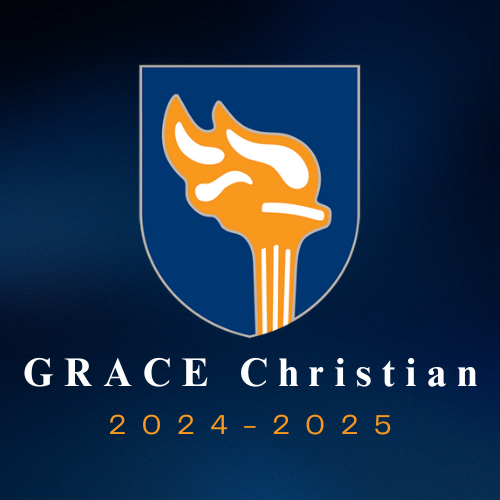Plagiarism is defined as the presentation of another person’s ideas, phrases, or words as the student’s own work (including Cliff Notes, online essays, internet research, another student’s work, or using Artificial Intelligence (AI) and claiming it as your own original work). A student sharing their work is as much at fault as the one receiving it, and will receive the same consequence. Students should not email or share their work with other students as this is cheating. The use of online translators for foreign language work is prohibited.
Lower Campus
On the Lower Campus, plagiarism/cheating/copying will be handled on a case-by-case basis. There is a developmental gap between our youngest and oldest students, so there will also be a disparity in how these types of situations will be handled. Older students will be held to a standard more closely tied to what is outlined on the Upper Campus. Our ultimate goal is to foster growth and maturity in each student. These situations can be great learning opportunities in the lower grades.
Lying – intentionally misleading or giving false information to a classmate, teacher, or staff member through actions, statements, written word, or objects.
Cheating – acting dishonestly or unfairly in order to gain an advantage. (ex. Looking at your notes during a test, copying work from a friend or letting a friend copying work, sharing answers before, during, or after a test, using a calculator when not allowed, etc)
Plagiarism – taking someone else’s work or ideas and passing them off as one’s own. This can come in the form of copying directly from a book, magazine, internet, or a classmate’s work or using someone’s idea without citation.
(Definitions taken from New Oxford American Dictionary)
In order to prepare 6th-grade students for Upper Campus, at the start of the 2nd semester, cheating/plagiarism will be handled following 7th-12th grade student guidelines.
Upper Campus
Inadequate Paraphrasing
The student loses 10 percentage points.
Plagiarism/Cheating/Copying/Unacceptable Collaboration
- 1st offense – Zero on the assignment, phone contact with parents by the teacher, student conference with administration.
- 2nd offense – Zero on the assignment and day of suspension, phone contact with parents by administration.
- 3rd offense – Zero on the assignment, 3 days of suspension, administrative conference with student and parents.
Disciplinary Procedures
All discipline will be handled on a case by case basis and as is developmentally appropriate. Teachers will investigate to make sure there has truly been a violation of honesty. Teachers will refer the student in violation to the Assistant Principal, Deans of Students, or Principal with all information in written form. The Assistant Principal, Deans of Students or Principal will talk with the student and determine the appropriate consequence. The student’s disciplinary history and the nature of the offense will be taken into account when consequences are given. Parents will be notified through a phone call or email.



